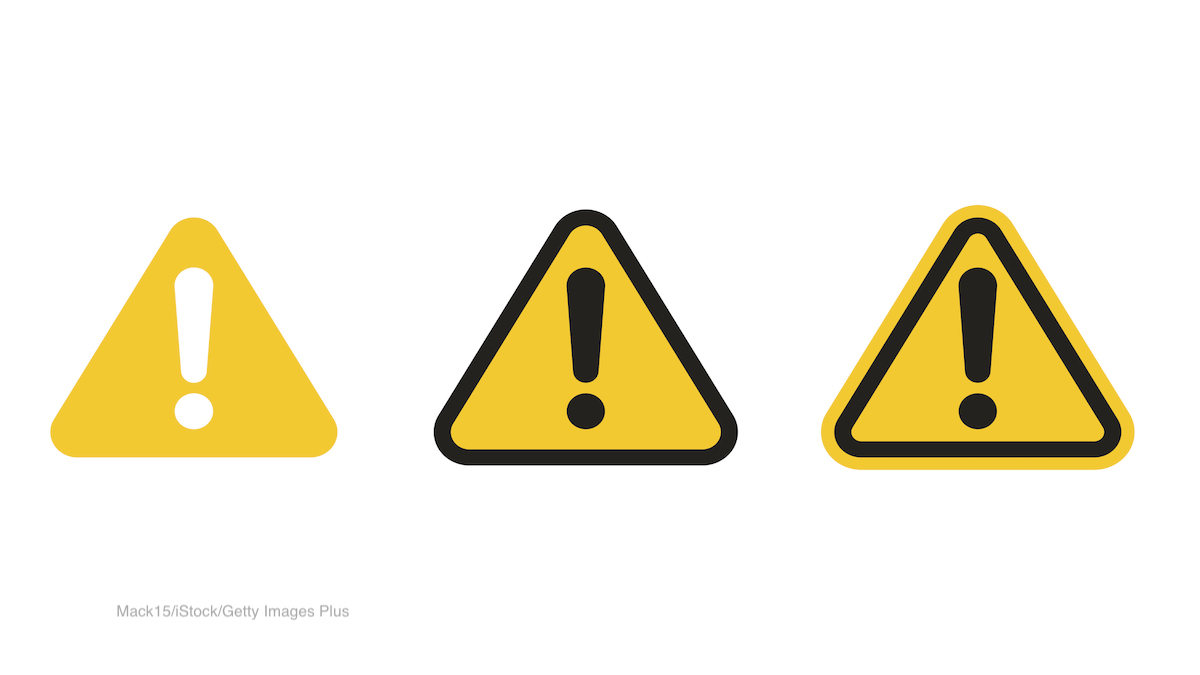The FDA released a statement on July 2, 2018, about the risks of kratom, a dietary supplement, and a Salmonella I 4,[5],12:b:- outbreak that has sickened 199 people in 41 states and hospitalized 38. Officials have stated before that there is no proven medical use for kratom and the FDA “strongly discourages the public from consuming kratom.”

Public health officials believe that the issue with this product and Salmonella has been occurring for some time and is ongoing. Their conclusion from the investigation of this outbreak is “anyone consuming kratom may be placing themselves at significant risk of being exposed to Salmonella.”
Kratom is not legally marketed as a drug or dietary supplement in the United States. It is an opioid, addictive, and has been “linked to severe health consequences and deaths among users.”
Samples of the dietary supplement were collected from patients sickened in this outbreak. Different strains of Salmonella bacteria were found in these products. Recalls were issued – but one company refused to recall their products, and the FDA issued their first mandatory recall order to one supplier.
As more products were tested, more illnesses caused by different Salmonella serotypes were identified. In several cases, matches were found between the Salmonella strains in the kratom samples and strains found in samples from ill persons.
The other strains of Salmonella found in samples are Salmonella Heidelberg, Salmonella Javiana, Salmonella Okatie, Salmonella Thompson and Salmonella Weltevreden. Eighty-one samples of kratom were collected and tested. Fifty-two percent of those samples were contaminated with various strains of Salmonella bacteria. That means users of those products had a 50% chance of being exposed to the pathogenic bacteria.
The FDA report states, “Although these samples were not randomly collected but instead were tested because they were either consumed by, or mentioned by, ill persons, the more than 50 percent contamination rate is stunningly high. It represents a level rarely seen in outbreak investigations of this nature. It shows that a high proportion of kratom being shipped into the United States may be contaminated with Salmonella.”
Most of the kratom that comes into this country is from Southeast Asia, especially Indonesia and Thailand. The plant is grown, harvested, and processed in “problematic conditions that readily create the circumstance for widespread contamination with foodborne pathogens.”




